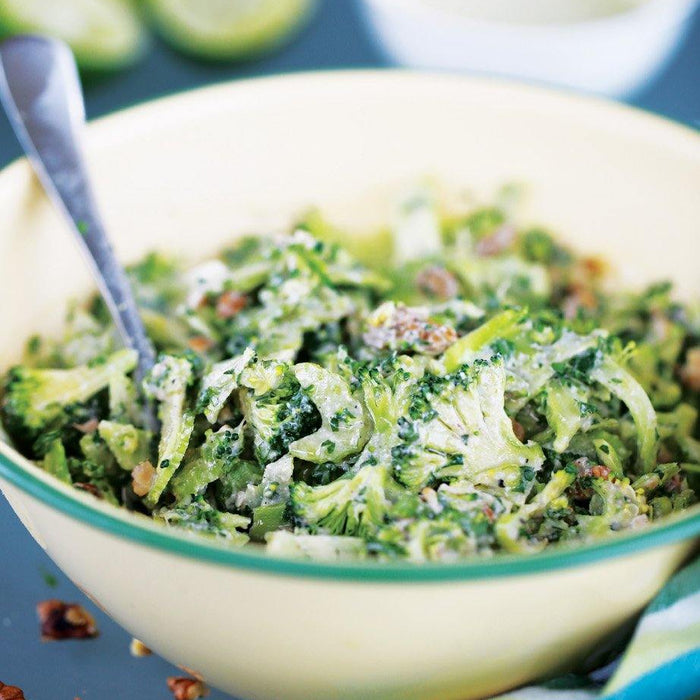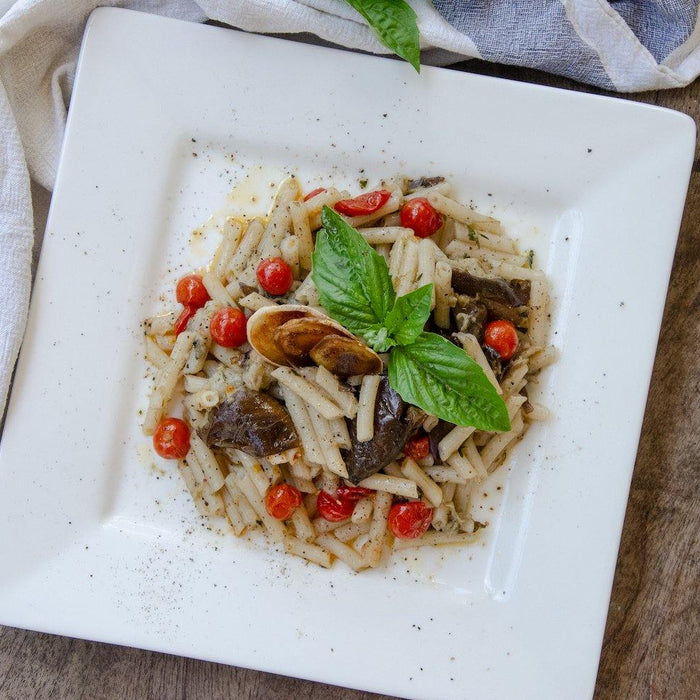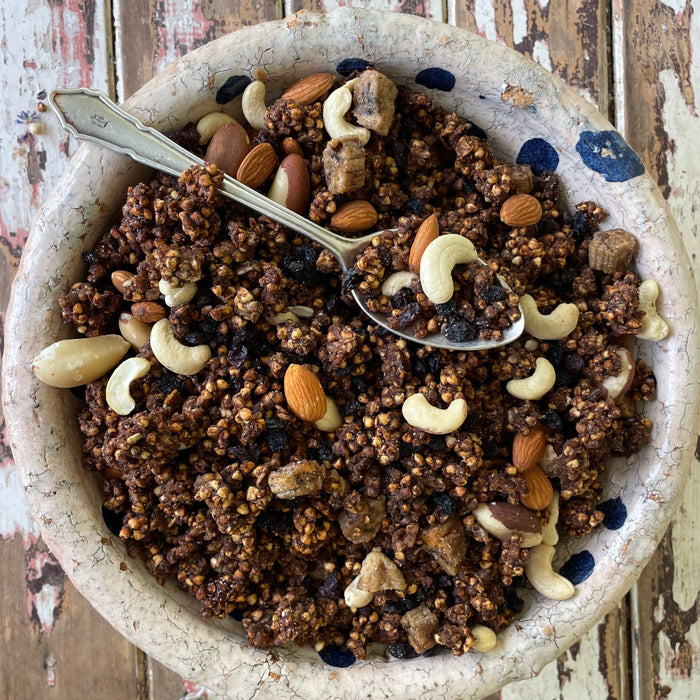Leaky gut syndrome is also called intestinal permeability as the small intestine, where food particles are absorbed, is like a net. Nutrients easily pass through but if the holes in the net become too large, then other substances, like toxins, bacteria and undigested food particles can also pass through and cause havoc in your body.
These unwanted substances will alert the immune system that a foreign invader has entered where it shouldn't. Antibodies will be produced and histamines will be released. An allergic reaction and inflammation will result and if this situation continues for long period of time, an autoimmune illness may result.
Increasing Nutrient Deficiencies
Nutrient deficiencies will also increase as the permeable gut wall is longer able to absorb nutrients as effectively. Some health experts now say that 80% of the population has leaky gut. As 70% or more of our immune cells reside in the gut, it is most important that we have good gut health to have a strong immune system.
The Main Symptoms of Leaky Gut
There are many symptoms of leaky gut but here are some of the main ones - brain fog, anxiety, depression, emotional ups and downs, food allergies, asthma, hives, rashes, sinus issues, joint pain, food cravings for artificial fats and sugars and alcohol, autoimmune diseases like diabetes type 1, rheumatoid arthritis and MS, weight gain, bloating, diarrhoea, constipation, digestive issues, irritability, cramping, fatigue, headaches, migraines and thyroid conditions.
So what causes leaky gut?
There are many causes and what we put into our mouths is the main one.
1. Since the second world war, the amount of chemicals used in our foods and the pesticides used to grow them have increased dramatically. GMO foods are now common and these have been treated with glycosphate to make them resistant to pests. These chemicals and pesticides cause damage to the mucous membrane lining of the gut.
2. Gluten is a major cause of leaky gut as it increases levels of a protein called zonulin, which opens up the spaces between the intestinal cells, even if you don’t have gluten sensitivity.
3. Antibiotics, antacids and over the counter pain medications like aspirin and NSAIDs are known to irritate the gut wall.
4. A high sugar and processed food diet is also a major cause as again this irritates the lining of the gut and also promotes the growth of bad bacteria in the gut leading to gut dysbiosis.
5. Stress is a contributory factor as it is in all illnesses. Prolonged activation of the parasympathetic nervous system leads to our bodies being in extended periods of fight or flight. This state is known to decrease blood flow and nutrients to the digestive organs and out to the arms and legs in preparation to run or fight.
How to heal leaky gut:
1. Slippery elm powder - puts a coating on the intestinal wall, decreases inflammation and allows healing. Brew up a strong cup of organic chamomile tea (anti-inflammatory and healing to the gut wall) and let it stand overnight. In the morning warm it and add two teaspoons of slippery elm powder. Stir and drink first think on an empty stomach.
2. Coconut oil - is antimicrobial and supports good bacteria while helping to reduce inflammation.
3. Sauerkraut and fermented vegetables - contain probiotics for balancing bacteria in the gut as well as sulphur which is helpful for detoxification.
4. Blueberries - contain resveratrol, anthocyanins and flavonoids that are favourable antioxidants for detoxification and healing.
5. A high fibre diet - including squash, butternut pumpkin, kale, broccoli, brussel sprouts, spinach, sweet potatoe and bitter salad greens like rocket, mizuma and mustard greens. Include the stalks to add more fibre. These foods lead to a more diverse microbiome in the gut which experts say is the key to good health.
6. Probiotics from many sources - research tells us that the soil we are gardening in, our pets, eating local food from your garden and the farmer's markets all contribute to gut health and a strong immune system. You can also take a supplement to boost the numbers of good bacteria in your gut.
7. Digestive enzymes - help to break down food more effectively and give the pancreas and the stomach a rest. They are especially helpful if you are eating a big meal.
8. Antimicrobial herbs - these will kill off the bad bacteria. Examples are garlic, oregano, rosemary, thyme, sage, calendula, cloves, cinnamon and golden seal.
9. L-Glutamine powder - heals and protects the gut lining.
10. Adaptogenic herbs - protect the gut lining by helping the body deal better with stress and supporting the liver - St. Mary's Thistle, Licorice, Siberian Ginseng and Withania. A strong immune system comes from a strong, healthy gut.
This is the basis of protection from all disease according to naturopathic thinking. Science is now proving this to be the case also.
Suzanne Staples ND DBM Naturopath Herbalist Homoeopath Email suzestaples@gmail.com






